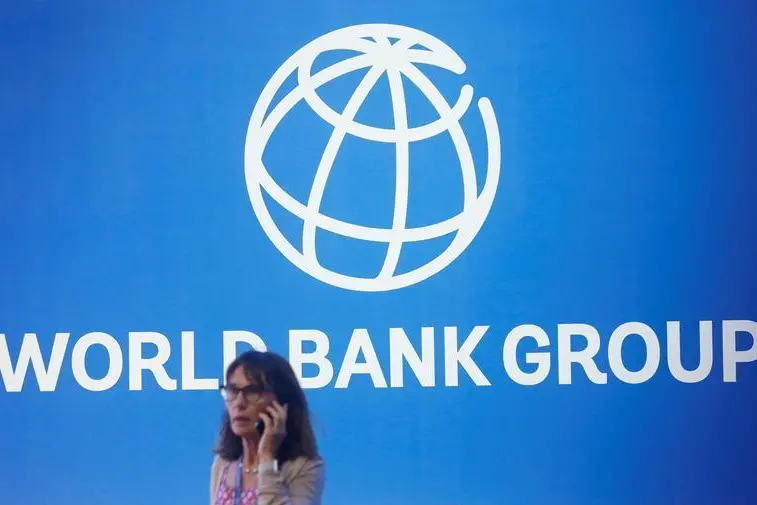PHOTO
WASHINGTON - The World Bank is looking to free up emergency funds for Lebanon, potentially including up to $100 million through the use of special clauses in existing loan deals, its managing director of operations told Reuters.
The Washington-based development lender currently has $1.65 billion in loans to the country including a $250 million loan approved this week to help connect dispersed renewable energy projects in the country.
Amid fighting across southern Lebanon, the bank was currently discussing ways in which it could help support the economy, including through the use of so-called Contingent Emergency Response Component (CERCs) clauses.
"We can use our existing portfolio and free up some money for really critical, short-term liquidity needs," Anna Bjerde said.
CERCs are present in around 600 of the bank's existing projects, globally, and allow it to redirect funds that have yet to be disbursed, if requested to by a government, for example after a health or natural disaster, or during conflict.
Lebanon has yet to make such a request, Bjerde said.
After a year of exchanges of fire between Hezbollah and Israel mostly limited to the frontier region, the conflict has significantly escalated in Lebanon.
Hezbollah fired rockets at Israel's third largest city Haifa on Monday, while Israeli forces looked poised to expand ground raids into south Lebanon on the first anniversary of the Gaza war, which has spread conflict across the Middle East.
Lebanon's government could choose to use an existing social protection programme that was put in place during the COVID-19 pandemic that allows for financial support to be sent to individuals, Bjerde said.
"It has the benefit of being totally digital so you can reach people, plus it can be verified a bit... so we will also probably use that to top up the social safety net for those that are particularly affected."
Up to 1 million people have been internally displaced in the country, she added: "So it's important we focus on that".
Lebanon's finance ministry and economy ministry did not immediately respond when asked for comment.
(Reporting by Simon Jessop; Additional reporting by Maya Gebeily in Beirut; Editing by Karin Strohecker and Hugh Lawson)



















